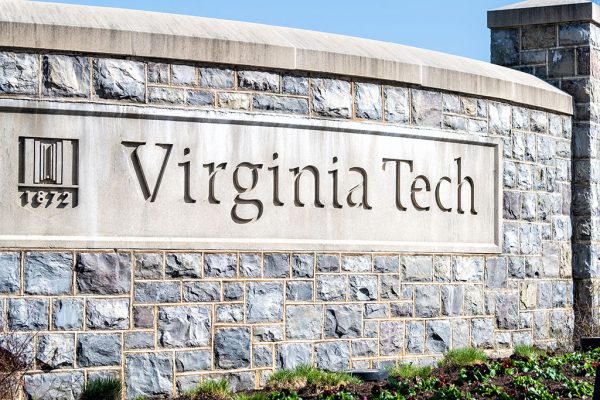FLEXPACK VOICE® profiles colleges, universities, and schools that have developed programs to train people for work in the packaging industry. In this issue, we talk to Laszlo Horvath, an associate professor at Virginia Tech in Blacksburg, Virginia, who also serves as director of the Center for Packaging and Unit Load Design. His research and teaching area focuses on industrial and protective packaging.
FLEXPACK VOICE®: Tell us a bit about the packaging program at your school.
Laszlo Horvath: The packaging program in its current form was developed in 2014. It is a stand-alone Bachelor of Science degree in packaging systems and design. Our students learn about the different packaging areas within the program, including customer perceptions, packaging design, packaging materials, food and health packaging, and packaging distribution. We have a strong focus on sustainable packaging. Industrial ecology and quantified environmental analysis are built into every class.
FPV: Tell us about the effort to develop a new Master of Science degree in sustainable packaging.
LH: We are developing an M.S. in sustainable packaging because we identified a need for packaging professionals who can design and evaluate sustainable packaging solutions. Every packaging program includes some level of sustainability calculation or life-cycle analysis. We identified that companies are making major commitments related to reducing the footprint of their packaging solutions. However, packaging engineers are not equipped with the tools to be able to make objective and quantified decisions on the environmental footprint of different packaging alternatives. Our goal is to provide the necessary training to our students to make sure they can work with novel sustainable packaging materials to design solutions with a low environmental footprint, quantify the environmental footprint of the solution, and develop a business plan to connect to the strategic plan of the company. The new degree has three pillars: industrial ecology, packaging, and business. In addition, policy and technology will be infused into each course. The degree specifically targets working industry professionals, so it will be offered in an online format.
FPV: What are the key skills that employers are looking for when hiring from your program?
LH: Our students work for a broad range of companies; thus, the skills vary by industry segment. Generally, companies are looking for packaging students who have a good fundamental understanding of packaging development—from design to end of life. Our program is extremely hands-on, and many of our students get engaged with industry-sponsored projects from their sophomore year. Employers appreciate that we teach students holistic packaging design when they design packaging solutions in a way that uses the interactions between the packaging components to optimize the overall cost and performance of the packaging system.
FPV: What emphasis do you put on flexible packaging, if any?
LH: We teach flexible packaging in our packaging polymers and food and health packaging courses.
FPV: What do you see as the future challenges in the packaging industry?
LH: I see major movements toward sustainable packaging and automation. We see in almost every packaging sector that companies are either using more recycled plastic, moving to bioplastics, or using fiber-based alternatives.
